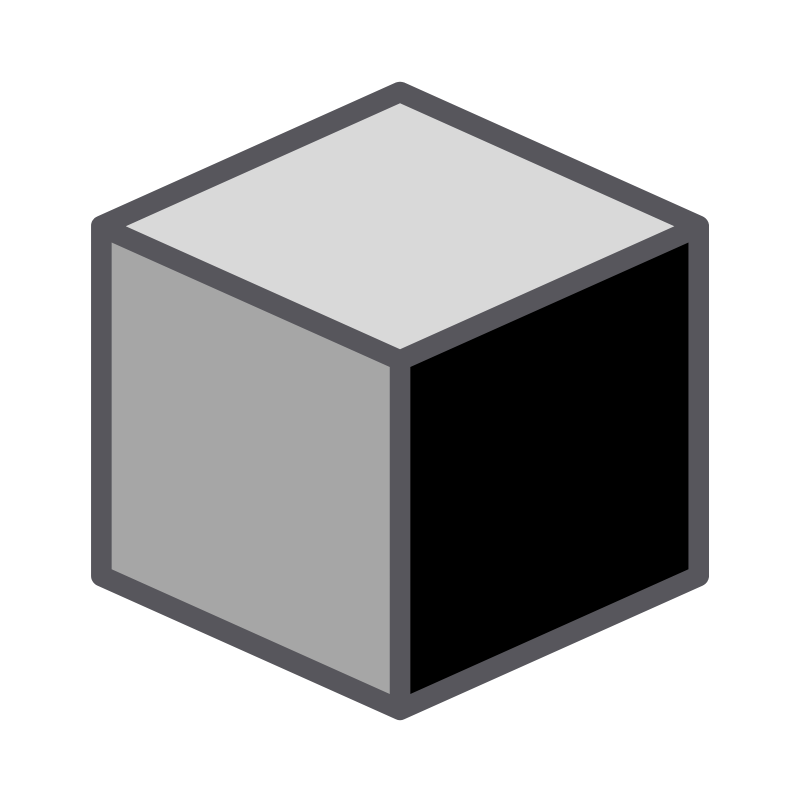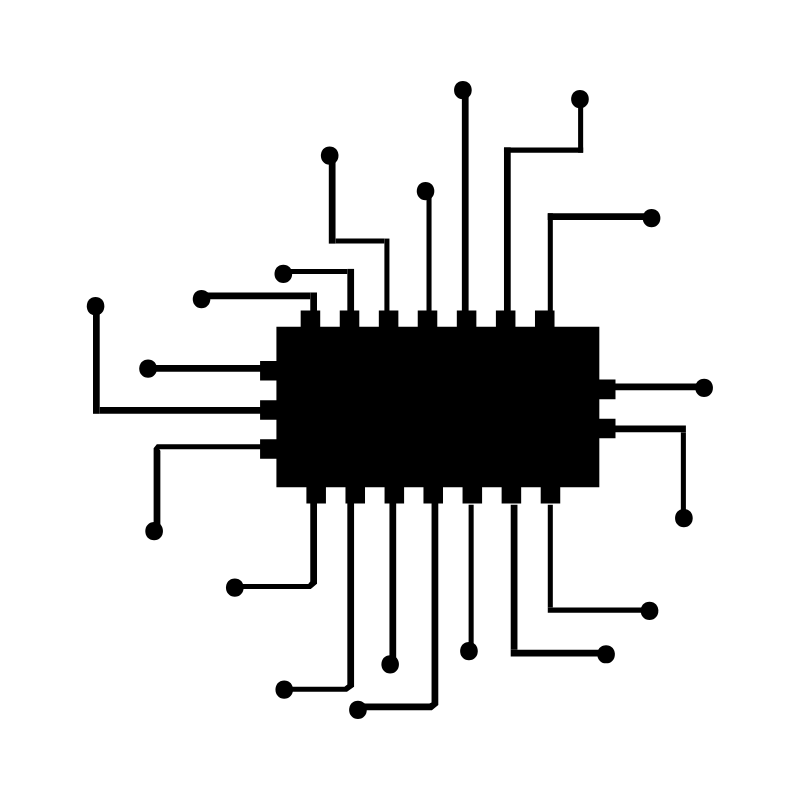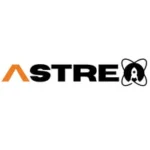
From Piazzale Europa to the Stars
ASTREO – Aerospace Research and Development student Team
40
members
6
departments
5
partners
0
publications
Who are we?
ASTREO was founded as a university student team within the Department of Engineering and Architecture at the University of Trieste.
We focus on research, development, and everything that falls within the latest frontier of aerospace!
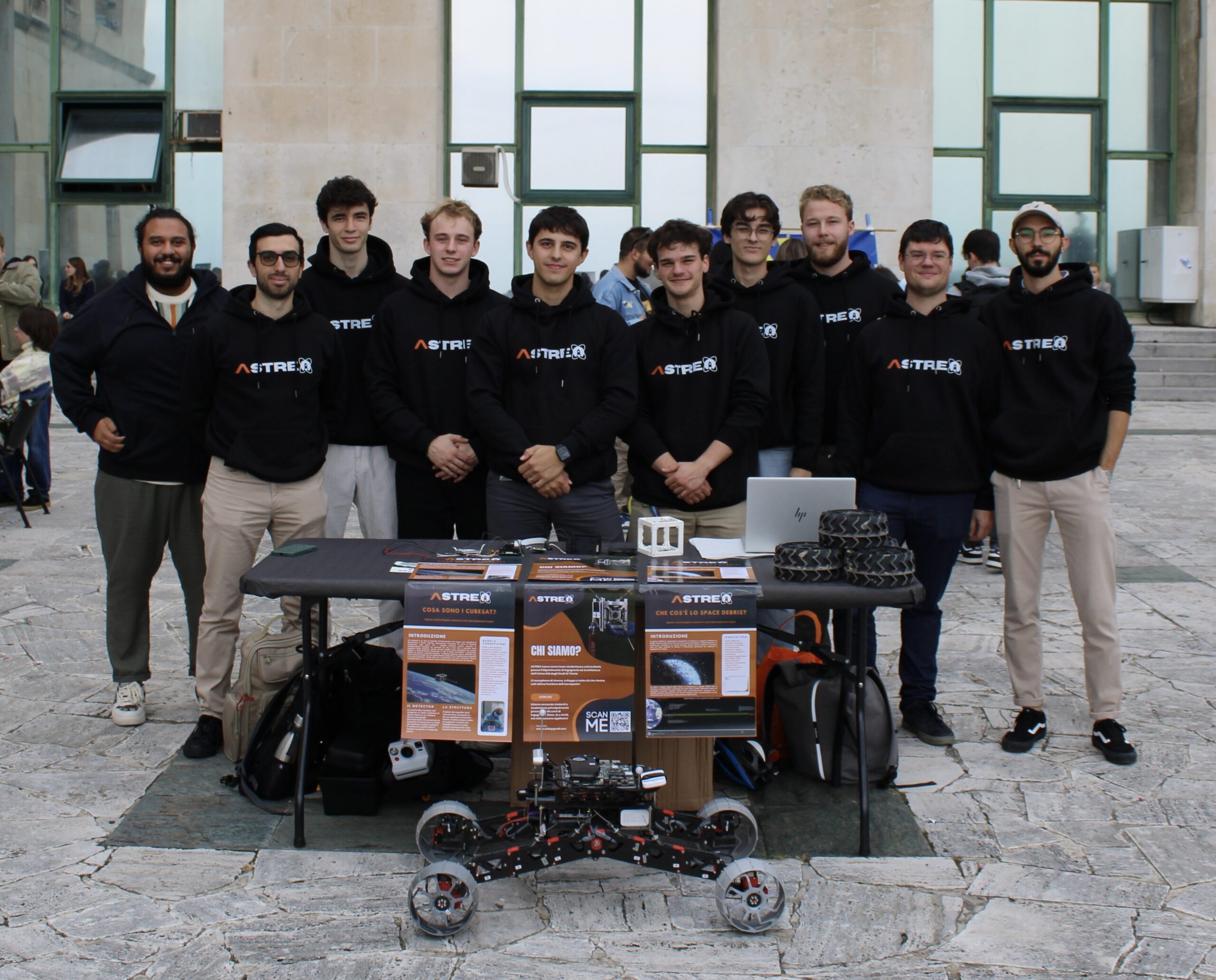
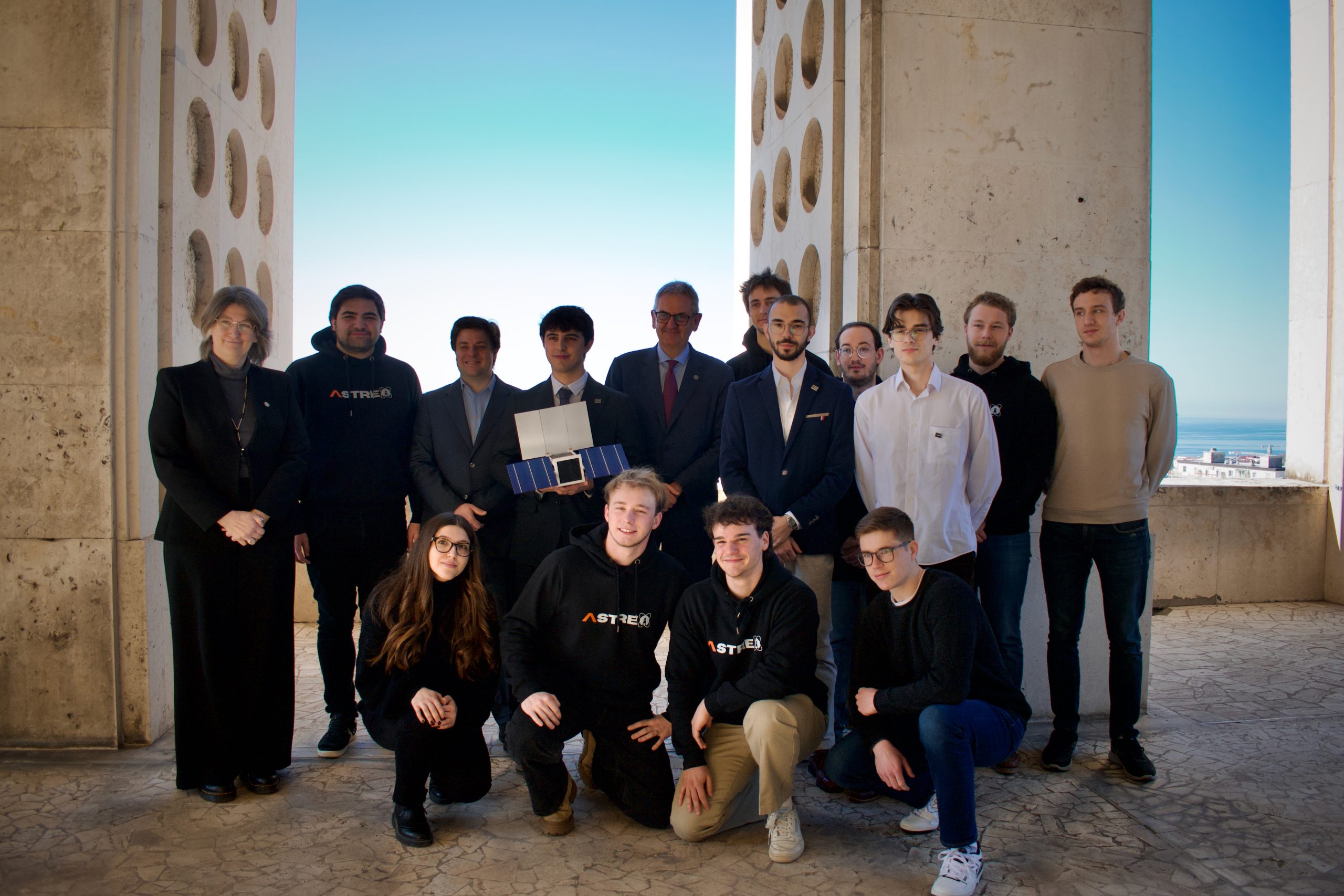
What do we want to do?
We aim to tackle the challenge of orbital sustainability by combining hands-on research, innovative technologies, and accessible communication. Our projects range from debris detection satellites to AI-based prediction models, all driven by interdisciplinary collaboration and a passion for the future of space.
“Do. Or do not. There is no try”
Yoda
Jedi Master
Our Missions
To accomplish our goal, we aim to use technology that is innovative, efficient, and scalable for sustainable space exploration.
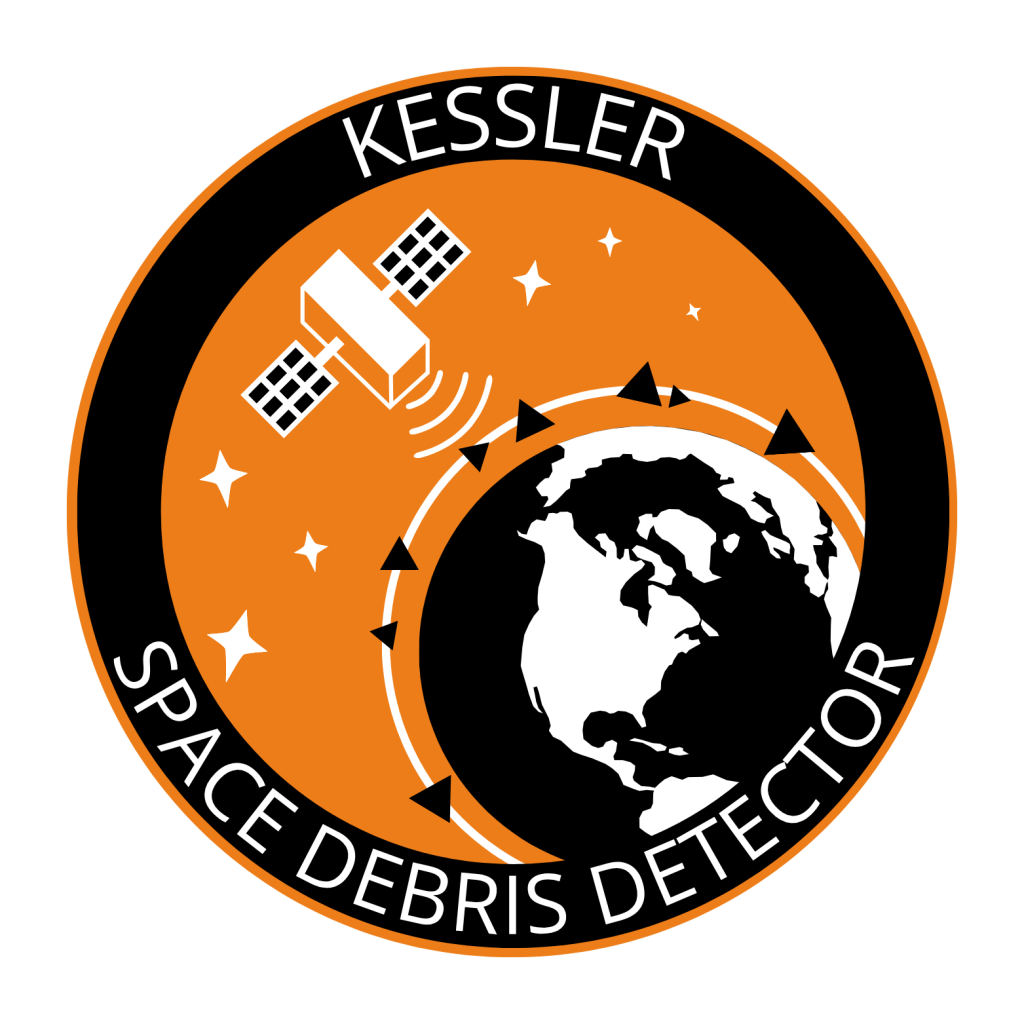
KESSLER
KESSLER is a nanosatellite developed by ASTREO, equipped with a miniaturized active radar to directly detect space debris in low Earth orbit (LEO).
Its mission is to collect real-time data on the density and distribution of orbital debris, contributing to the study of the Kessler Syndrome and validating compact technologies for space situational awareness.
LEOPARDD
LEOPARDD (Low Earth Orbit Prediction and Analysis of Radar-Detected Debris) is an AI model developed by ASTREO to forecast the evolution of space debris density in LEO.
Using 3D ConvLSTM neural networks, it processes radar data sequences to generate time-dependent 3D density maps. The system is designed to support orbital risk management through short-term predictions and mitigation strategy planning.

Our team
To work efficiently and remain organized, our team is structured into specific Working Packages, each focused on distinct objectives and tasks. This setup helps us streamline efforts and maximize productivity.
our

